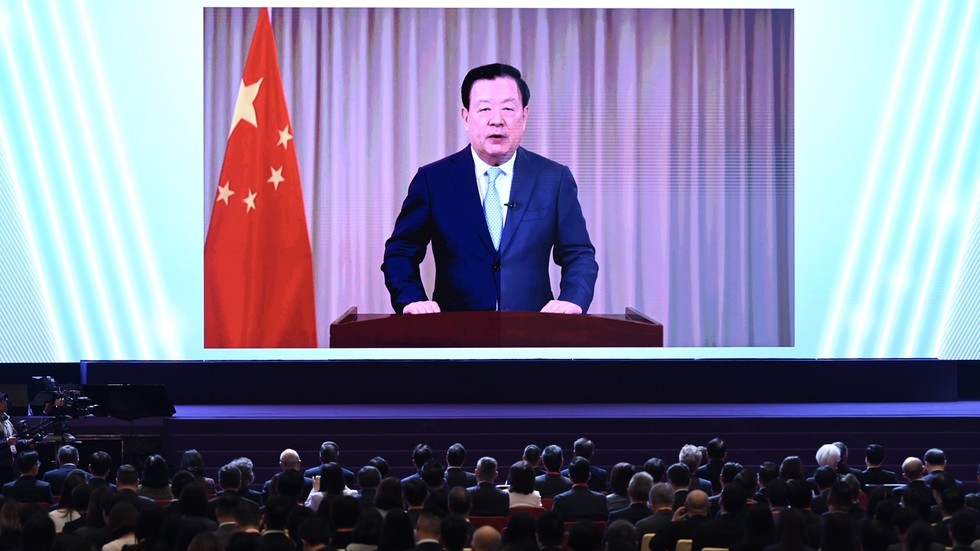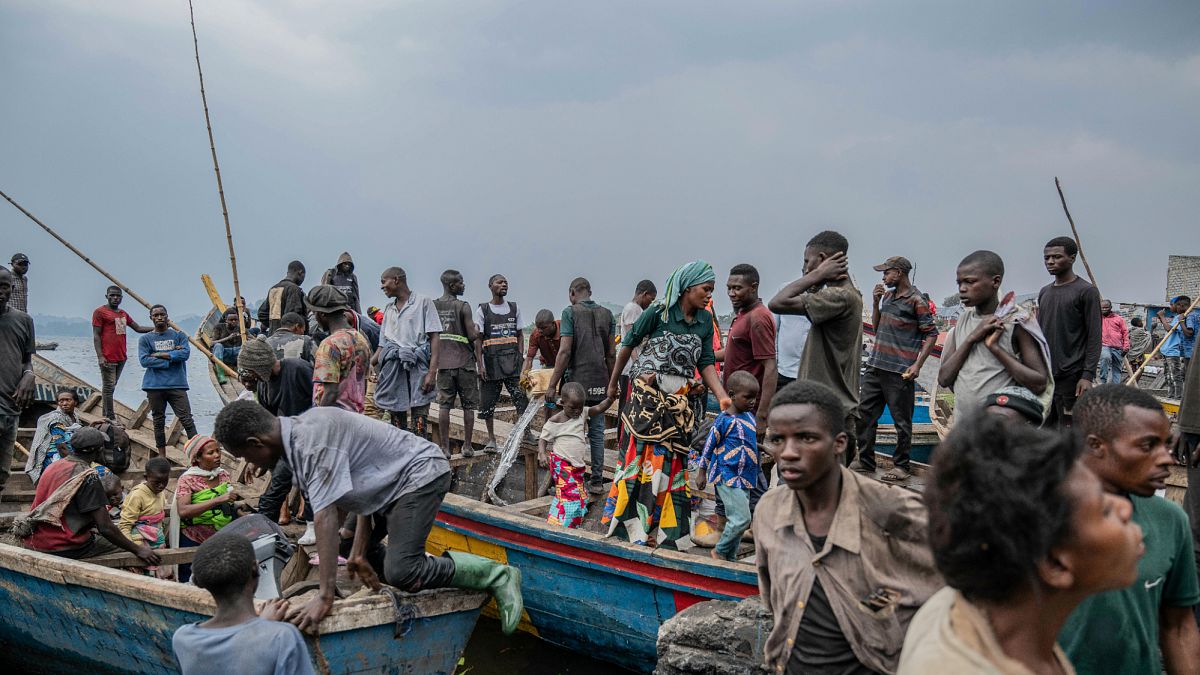Human rights group Amnesty International has announced that it is opening a new Hong Kong section "in exile" to replace the two offices it closed in the Chinese territory in 2021 amid a repressive security law imposed there by Beijing.
Amnesty's secretary-general, Agnes Callamard, said on Tuesday that the new section "demonstrates the resilience of our movement, our determination never to be silenced, and our commitment to defending human rights no matter the challenges we face."
How will the new office be run?
The new branch is officially registered in Switzerland and will be run by Hong Kong activists living in the diaspora in Australia, Canada, Taiwan, Britain and the US.
Amnesty said the office is its first to be "founded and operated entirely in exile."
Former Hong Kong lawmaker Fernando Cheung, who has joined the office as a board member, said operating from abroad would allow more freedom of action than in Hong Kong itself.
"It is clear that Hong Kong's human rights situation has continued to worsen," said Cheung. "Being abroad, we have more latitude to speak up and connect with other international groups, as well as to conduct research and respond to events."
According to Amnesty's website, the new office, called Amnesty International Hong Kong Overseas (AIHKO), "will focus on advocating for human rights of Hongkongers, within Hong Kong and abroad, amplifying their voices and fostering a strong diaspora community globally."
What is the situation in Hong Kong?
The former British colony of Hong Kong was returned to China in 1997 after 156 years of British rule, sparking a wave of emigration before the handover amid fears that civil rights and the rule of law would be eroded under Chinese rule.
Beijing has since tightened its grip on the financial hub, most notably since massive pro-democracy protests in 2019 that led to the imposition of a national security law criminalizing acts deemed by authorities to be subversive.
When closing its offices in Hong Kong in 2021, Amnesty cited the risks posed by the security law to its activities, saying it "made it effectively impossible" for it and other rights groups to work freely.
Hong Kong has so far arrested at least 322 people and convicted 163 of them under two security laws — one imposed by Beijing, and one introduced by local authorities last year.
Amnesty says that in addition, more than 10,000 people, many of them students, have been arrested for protest-related activities since 2019.
Edited by: Zac Crellin

 1 day ago
6
1 day ago
6









